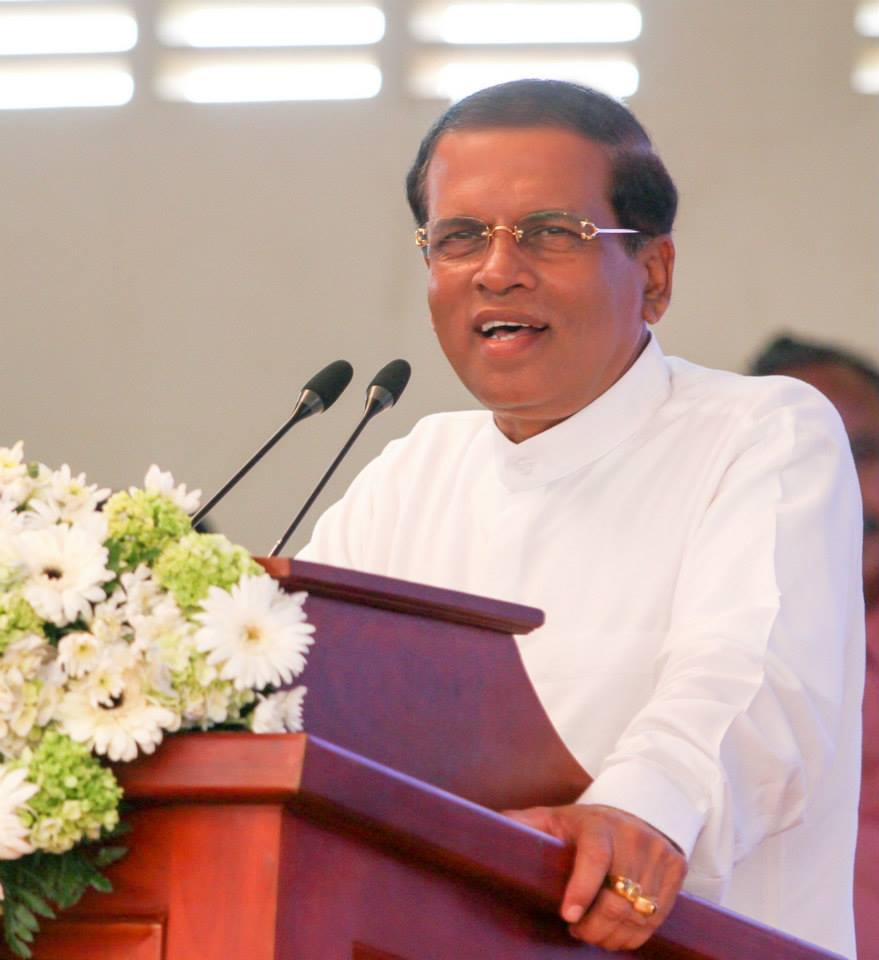A Brief Colonial History Of Ceylon(SriLanka)
Sri Lanka: One Island Two Nations
A Brief Colonial History Of Ceylon(SriLanka)
Sri Lanka: One Island Two Nations
(Full Story)
Search This Blog
Back to 500BC.
==========================
Thiranjala Weerasinghe sj.- One Island Two Nations
?????????????????????????????????????????????????Tuesday, June 30, 2015
Choices: How Should We Govern Ourselves?
By Rohan Samarajiva –June 29, 2015

This central question of civilization has assumed greater salience in
the aftermath of the Presidential Election of 8 January 2015. This
article seeks to shed a little light upon it, with aid of illustrations
from recent Constitutional-reform efforts.
Autocracy or democracy?
Two hundred years after the fall of the Kandyan Kingdom, we carry within
us thinking from that decadent feudal time. We yearn for a benevolent
king who will be decisive and fair, but do not grasp what is required to
assure continued benevolence. We do not buy into the concept of checks
and balances among clearly defined branches of government. The Kandyan
political culture did not separate the executive and legislative
functions and while some judicial functions were separate, the lines
were porous.
Like the Kings of old, some of our leaders fail to distinguish between
what belongs to the state and what belongs to them. They scheme to work
around them what checks and balances that exist.
 In
January, the choice was made in favor of democracy and governance
concepts that are alien to our inherited Kandyan political culture. We
have been engaged with the modern world long enough for this to happen,
but all signs in the past twenty years were against it. But the shift
was not irreversible; the tension between the old feudal culture and
modern democratic culture persists.
In
January, the choice was made in favor of democracy and governance
concepts that are alien to our inherited Kandyan political culture. We
have been engaged with the modern world long enough for this to happen,
but all signs in the past twenty years were against it. But the shift
was not irreversible; the tension between the old feudal culture and
modern democratic culture persists.
Decisive or messy?
Separation of powers, along with checks and balances, is messy. Outcomes
cannot be predicted in advance. The President of the United States is
seen as the most powerful person in the world today, but in many
instances he is stymied either by the legislature, by the courts or even
by lower-level state governments.
Our current President appears comfortable
with the notion that he cannot determine the outcomes of all political
events. He leaves room for the agency of other members of his coalition
as well as his party. To many, this appears a lack of leadership. They
cannot understand how the President could be deeply committed to
electoral reform without specifying the exact outcome he desires.Read More


